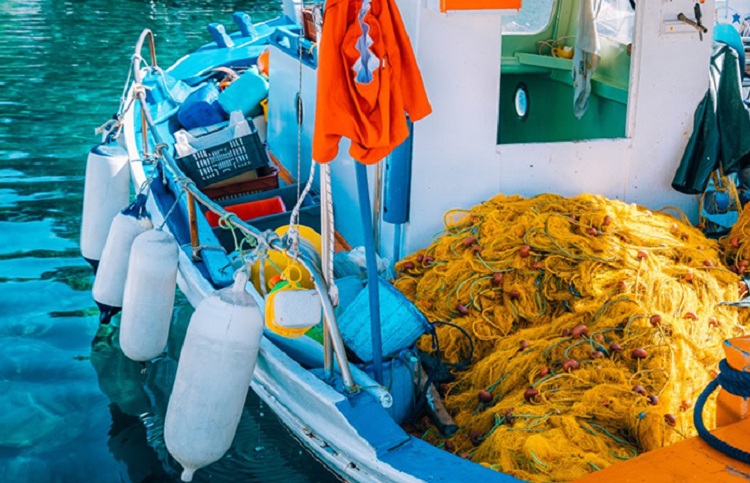The Diplomat
Ministers from the 42 countries of the Union for the Mediterranean (UfM) pledged yesterday to intensify their efforts to achieve a sustainable blue economy in the Mediterranean that will help promote the recovery of the region’s economies in the aftermath of the COVID-19 crisis and address environmental and climate challenges.
Six years after the first Ministerial Declaration on the Blue Economy, the ministers yesterday adopted a new Declaration – drawn up following a broad consultation involving more than a hundred experts and representatives of international organizations – in which they pledge to cooperate closely and address joint challenges in key sectors of the blue economy.
To this end, the participants in the Ministerial Conference – which was held virtually, under the co-presidency of the European Union and Jordan and in the presence of Nasser Kamel, secretary general of the UfM – committed to promote transformative policies and tools, such as the development of maritime clusters or maritime spatial planning, and to support the overall shift towards low-emission technologies and the circular blue economy. New joint activities and projects will also be launched on a wide range of issues, such as “blue competences”, marine litter, marine renewables and sustainable tourism.
“With this declaration signed by its 42 countries, including Spain, the UfM points the necessary transition path towards a circular, inclusive and sustainable blue economy in the Mediterranean”, said the Vice President and Minister for Ecological Transition and the Demographic Challenge, Teresa Ribera, at the end of the meeting.
According to the UfM, at the moment “the stakes are high” in the Mediterranean region, which is “the first tourist destination in the world” and where the COVID-19 crisis has very seriously affected tourism, which “represents the first sector of the blue economy in the creation of income and employment in the sea basin and is an engine for business growth among young people and for small and medium-sized enterprises”. In addition, the Mediterranean area is also very exposed to climate change, as it is warming 20% faster than the world average, “with visible impacts on the marine environment”.






